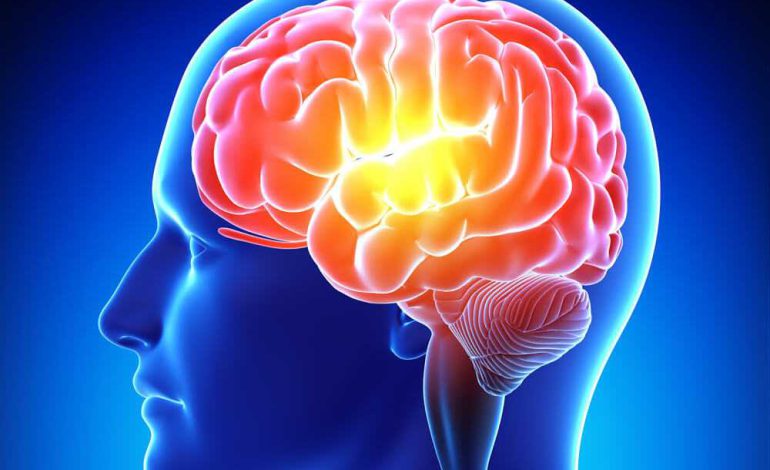Alzheimer’s, the memory loss disease

Alzheimer’s disease is a chronic brain disorder that causes problems with memory, thinking and behaviour. The disease is named after Dr. Alois Alzheimer who first diagnosed it. According to a report released by the World Health Organization in 2015, over 46 million people globally are living with Alzheimer’s.
Alzheimer’s disease affects the brain and it is one of the most common causes of dementia (characterised by memory loss and difficulties with problem solving, thinking and language). In Alzheimer’s, there is build up of protein in the brain that form plaques, which lead to loss of connection between nerve cells. This ultimately causes the nerve cells to die hence loss of brain tissue and the resultant interference with mental processes. Alzheimer’s is a degenerative disease meaning that over time, more parts of the brain are damaged and the symptoms become more severe.
Causes of Alzheimer’s
Most people who develop Alzheimer’s disease do so after the age of 65, but people under this age can also develop it. There are several factors that are thought to cause the disease and they are:
Age: This is the greatest risk factor of developing the disease. Alzheimer’s mainly affects people over 65 years. Experts say that the risks of developing the disease doubles after every five years for people above 65 years of age. It is estimated that in every six persons above 80 years, one suffers from the condition.
Gender: It is anticipated that there are about twice as many women as men over 65 with Alzheimer’s disease. Alzheimer’s in women is linked to a lack of the hormone oestrogen after menopause.
Genetic inheritance: The disease may be passed from parents to children. There are a few families with obvious inheritance of Alzheimer’s from one generation to the next. In such families, the dementia tends to develop well before the age of 65. However, Alzheimer’s disease that is so strongly inherited is extremely rare.
Health and lifestyle: Alzheimer’s risk is increased by medical conditions such as diabetes, stroke and heart problems, as well as high blood pressure, high cholesterol and obesity in midlife.
Anyone can reduce the risk of Alzheimer’s by keeping the above conditions under control. People who adopt a healthy lifestyle especially from midlife onwards are less likely to develop Alzheimer’s disease. This means regular physical exercise and keeping a healthy weight, not smoking, eating a healthy balanced diet and drinking in moderation.
Symptoms of Alzheimer’s
The symptoms of Alzheimer’s progress slowly over several years and sometimes may be confused with other conditions like old age. It is noteworthy that the rate at which the symptoms progress is different for each individual and it’s not possible to predict exactly how quickly it will progress. During the final stages, the patient is completely dependent on caregivers.
Its symptoms include:
Forgetfulness of familiar places, events or even names
Poor judgment or find it hard to make decisions
Getting confused to an extent that one may get lost
Disturbed sleep
Hallucinations
Depression
Gradual loss of speech
Considerable weight loss – although some people eat too much and put on weight
It is advisable for anyone with Alzheimer’s symptoms to see a doctor before it gets worse so that it can be managed. But note that having trouble with memory does not necessarily mean one has Alzheimer’s, as many other health issues can cause memory loss.
Diagnosis and treatment
Alzheimer’s is diagnosed through a complete medical assessment. If you or a loved one have concerns about memory loss or other symptoms of Alzheimer’s, it is important to be evaluated by a physician. The assessment can be through medical history, mental status testing, a physical and neurological exam and tests such as blood tests and brain imaging.
Currently, there is no cure for Alzheimer’s although medication is available that can temporarily reduce some symptoms or slow down the progression of the condition. Support is also available to help someone with the condition cope with everyday life.




